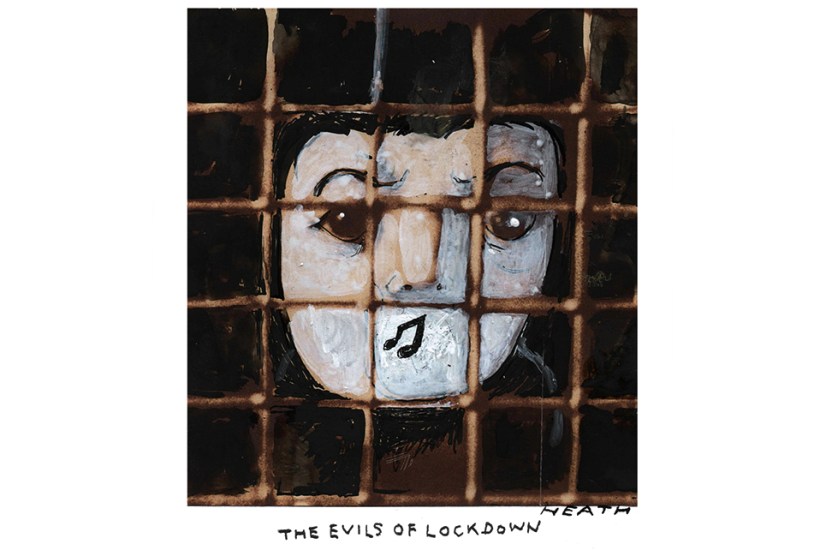‘Has this been the happiest year of my life?’ I found myself asking recently. It has certainly been topped with the arrival of a third granddaughter last month. (My first, little Sara Maria, died a few years ago.) The birth of Rosie Elisabeth has taken our joy to cosmic levels, but 2023 has been a succession of delights, mainly connected to the concerts I’ve been able to conduct around the globe, from St Louis to Tallinn.
Already a subscriber? Log in
Subscribe for just $2 a week
Try a month of The Spectator Australia absolutely free and without commitment. Not only that but – if you choose to continue – you’ll pay just $2 a week for your first year.
- Unlimited access to spectator.com.au and app
- The weekly edition on the Spectator Australia app
- Spectator podcasts and newsletters
- Full access to spectator.co.uk
Or
Unlock this article
You might disagree with half of it, but you’ll enjoy reading all of it. Try your first month for free, then just $2 a week for the remainder of your first year.








Comments
Don't miss out
Join the conversation with other Spectator Australia readers. Subscribe to leave a comment.
SUBSCRIBEAlready a subscriber? Log in